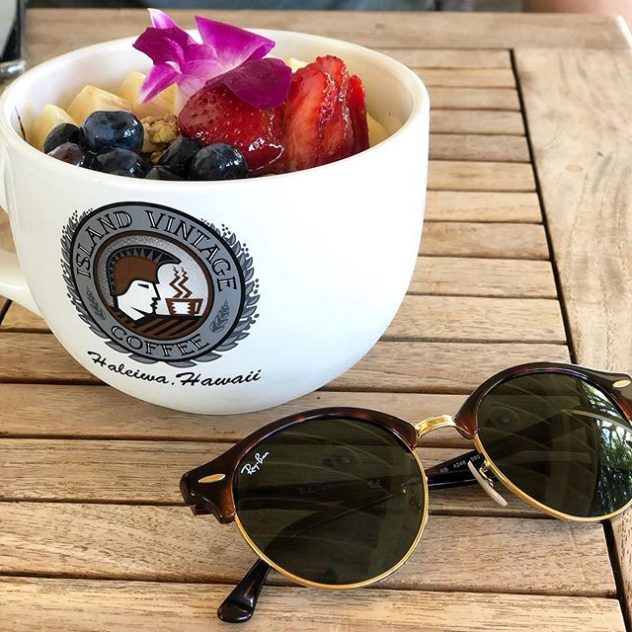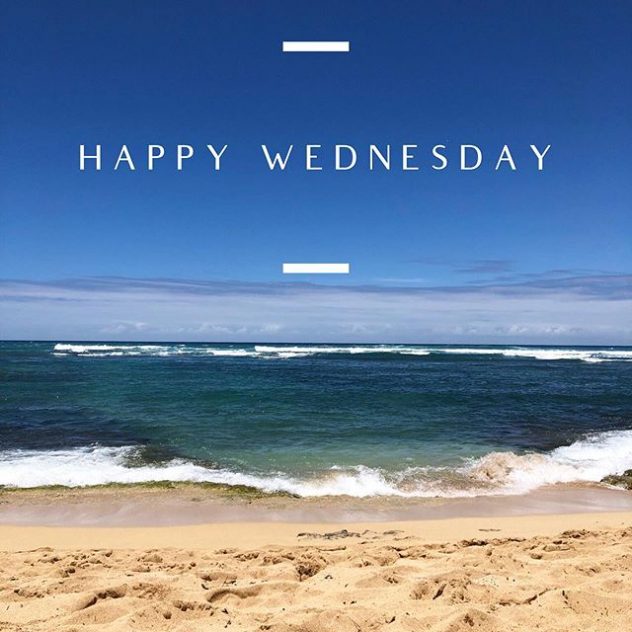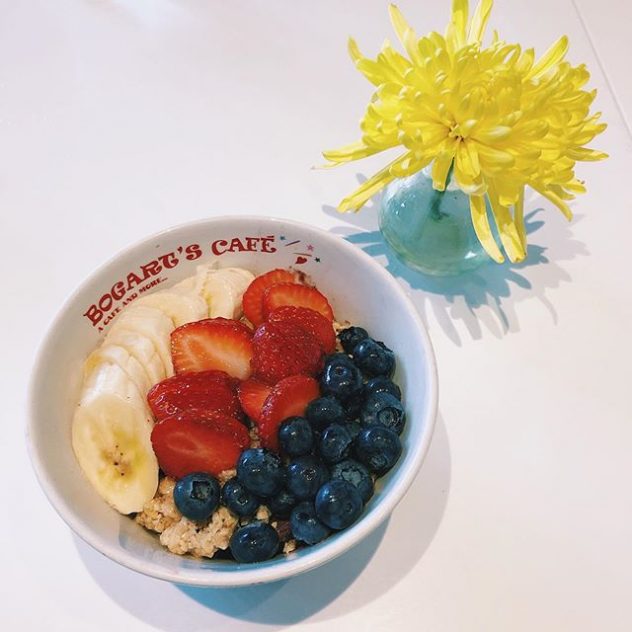
Back to School Checklist Should Include an Eye Exam
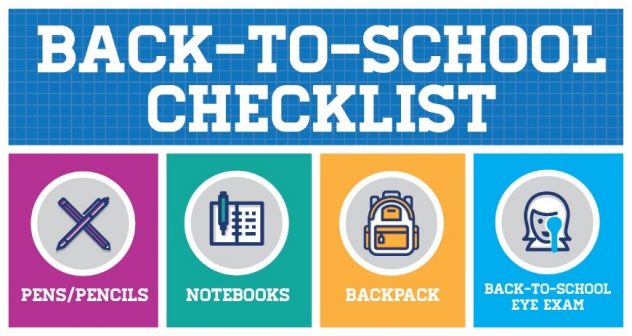 Remember to schedule your child’s back to school comprehensive eye exam early. September brings a rush of students scheduling appointments and wanting to achieve their best academic work, which means they need to see well. Your child’s eye exam should be part of any back to school checklist.
Remember to schedule your child’s back to school comprehensive eye exam early. September brings a rush of students scheduling appointments and wanting to achieve their best academic work, which means they need to see well. Your child’s eye exam should be part of any back to school checklist.
It’s the last day of our Oakley trunk show! We’ll be here till 1:30 PM! ? Come through ??
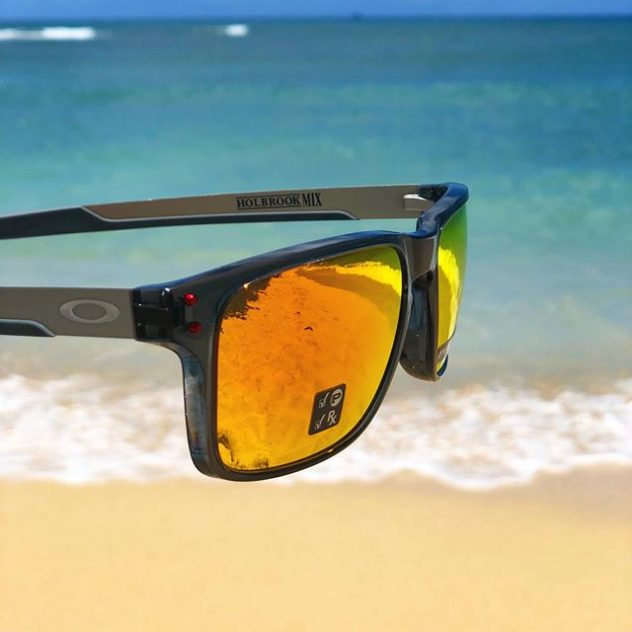
Hope to see you at our #OakleyTrunkShow this Friday and Saturday ???
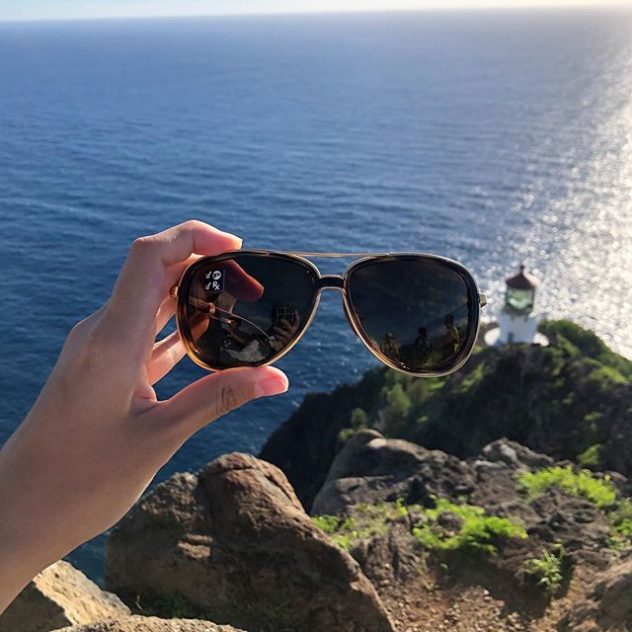
Check out a few easy ways you can keep your eyes healthy:
Wear sunglasses (even on cloudy days!)
Sunglasses can protect your eyes from the sun’s ultraviolet (UV) rays and help keep your vision sharp. When shopping for shades, look for a pair that blocks out at least 99% of both UVA and UVB radiation.
And the countdown to our Oakley Trunk Show begins ???
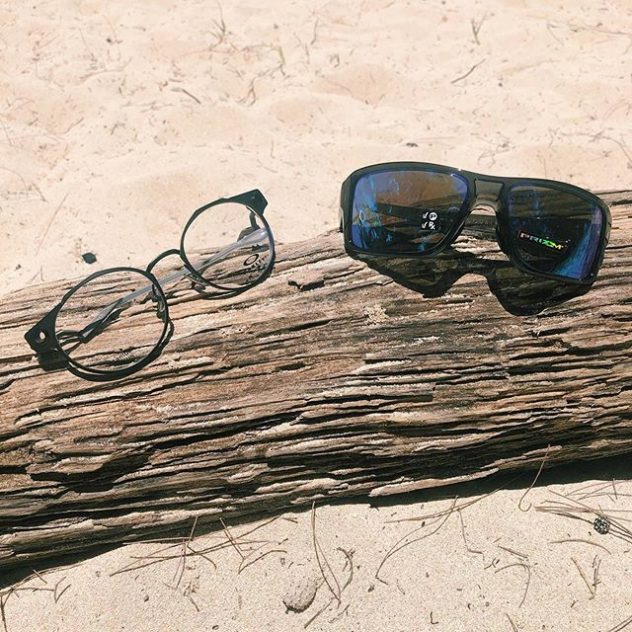
Happy #Aloha Friday ??? One week until our #OakleyTrunkShow . . .
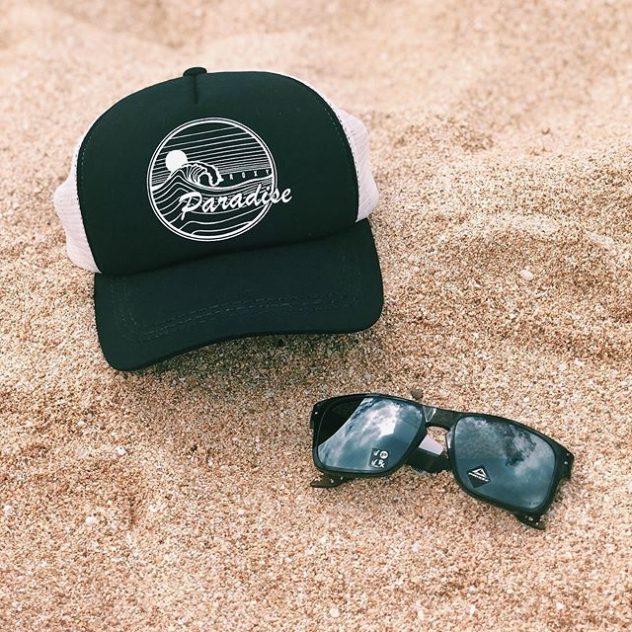
Looking ? forward to the Oakley trunk show! ?
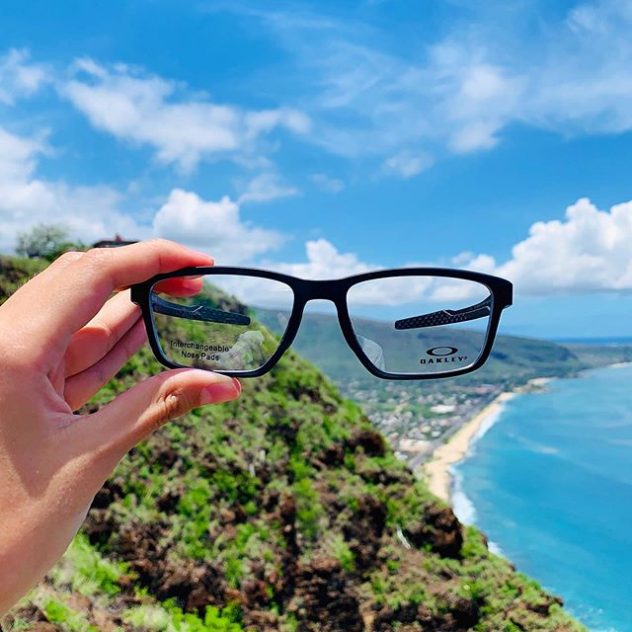
? OAKLEY TRUNK SHOW ?
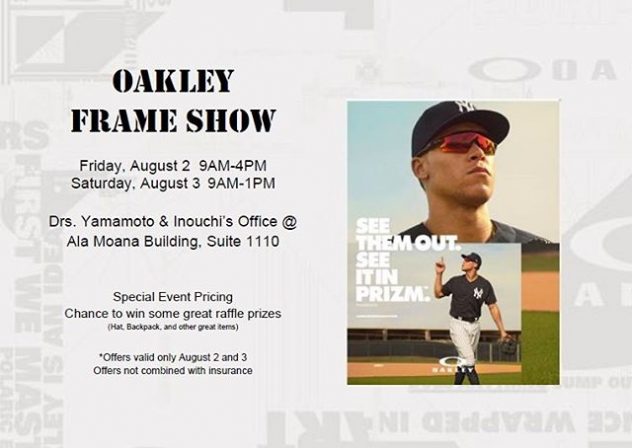
Stop by August 2nd and 3rd to view the whole collection of men’s, women’s, and kid’s ?? Text or ? our office for the special event pricing #alamoanaeye . . . #oakleytrunkshow #oakley #trunkshow #frameshow #oakleyhawaii #alamoana #alamoanacenter #oahu #hawaii
Eat eye-healthy foods

It’s true: carrots are good for your eyes! In fact, a diet rich in a variety of fruits and vegetables — especially dark leafy greens, like spinach or kale — can help keep your eyes healthy.
Happy Wednesday ???
Simple Tips for Healthy Eyes
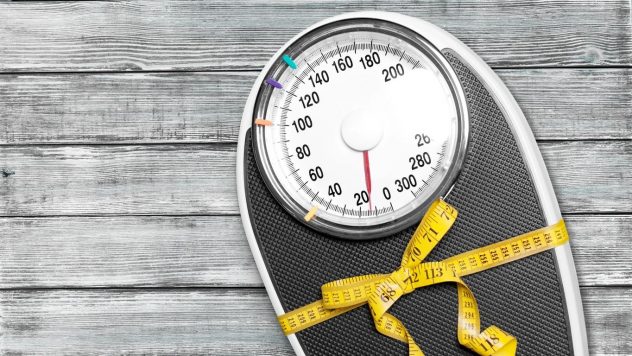
Maintain a healthy weight
Being overweight or obese increases your risk of developing diabetes and other systemic conditions, which can lead to vision loss, such as diabetic eye disease or glaucoma. If you are having trouble maintaining a healthy weight, talk to your doctor.
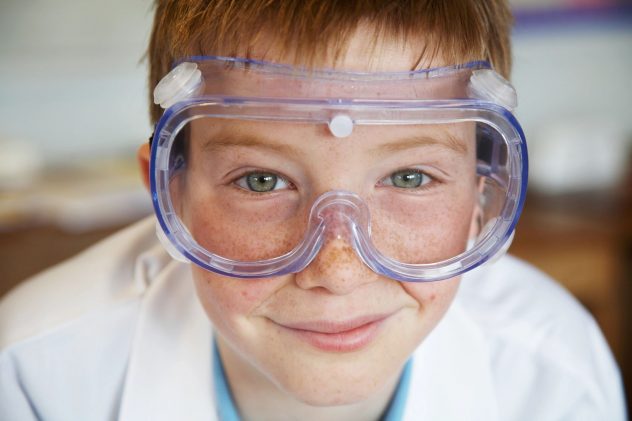
Wear protective eyewear.
Wear protective eyewear when playing sports or doing activities around the home. Protective eyewear includes safety glasses and goggles, safety shields, and eye guards specially designed to provide the correct protection for a certain activity. Most protective eyewear lenses are made of polycarbonate, which is 10 times stronger than other plastics. Many eye care providers sell protective eyewear, as do some sporting goods stores.


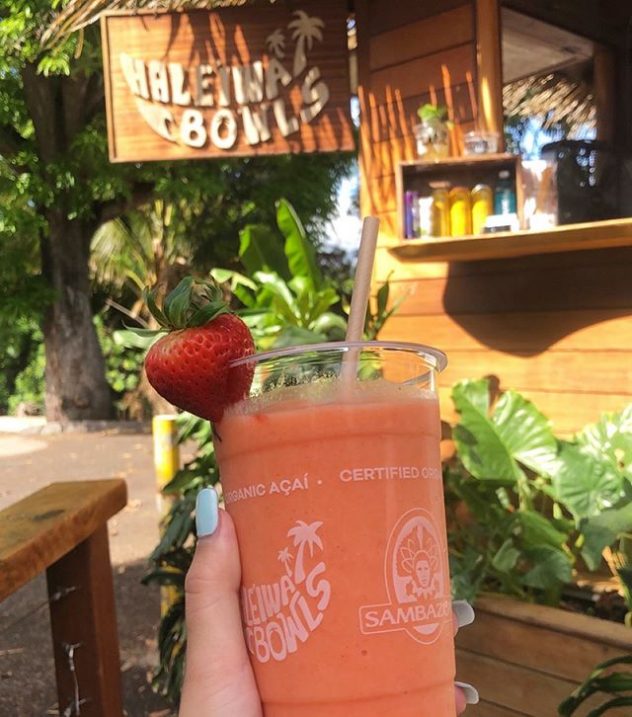
 View on Instagram https://ift.tt/32PqfyL
View on Instagram https://ift.tt/32PqfyL